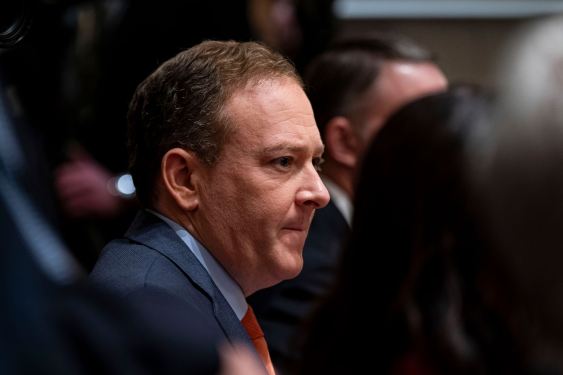The battle over twenty billion dollars in climate-related funding authorized by Congress continues. An appellate court ruled on Tuesday in favor of the Environmental Protection Agency, which had terminated Biden-era grants made to nonprofits.
The legal dispute stems from EPA Administrator Lee Zeldin’s decision to cancel grants dispersed as part of the Inflation Reduction Act. Zeldin stated that the grants did not match the EPA’s current priorities and claimed, without evidence, that he had concerns about fraud.
A district court had previously ruled that Zeldin’s actions were arbitrary and capricious. However, the two majority justices in the appellate court, both Trump appointees, wrote that Zeldin’s cancellation of the contracts was valid. They stated the government must ensure proper oversight and management of the grants. In support of their decision, they cited an undercover video taken by Project Veritas, a conservative activist group known for releasing deceptively edited videos.
In March, court filings revealed that the EPA, along with the FBI and the EPA inspector general, had instructed Citibank to freeze money that had already been placed in accounts controlled by the nonprofits. This money was largely intended to be used for loans, which would be paid back and reused.
The grants were awarded to a range of nonprofits, including Climate United and Power Forward. At the time of the March hearing, Climate United had committed to three hundred ninety-two million dollars in projects based on the money in its accounts. This included sixty-three million dollars for solar power developments in Oregon and Idaho and another thirty-one point eight million dollars in solar projects in rural Arkansas. Power Forward had committed five hundred thirty-nine million dollars and stated the freeze left it unable to pay contractors’ outstanding invoices.
Zeldin had claimed that fraud was one of his main concerns. However, a lengthy investigation by the interim U.S. attorney in Washington, D.C., failed to turn up any meaningful evidence, according to a report in The New York Times.
Perhaps as a result of the lack of evidence for fraud, the EPA’s arguments before the appeals court focused on the contractual nature of the grants. The majority of justices agreed that the matter should be heard by the U.S. Court of Federal Claims, not the broader federal judiciary.
The dissenting justice, an Obama appointee, said that the EPA has no lawful basis, nor even a nonfrivolous assertion of any basis, to interfere with funding that already belongs to the plaintiffs.
The plaintiffs are likely to appeal to the U.S. Supreme Court. If they fail there, the EPA could still be liable for billions of dollars, according to legal analysis by its own attorneys.

